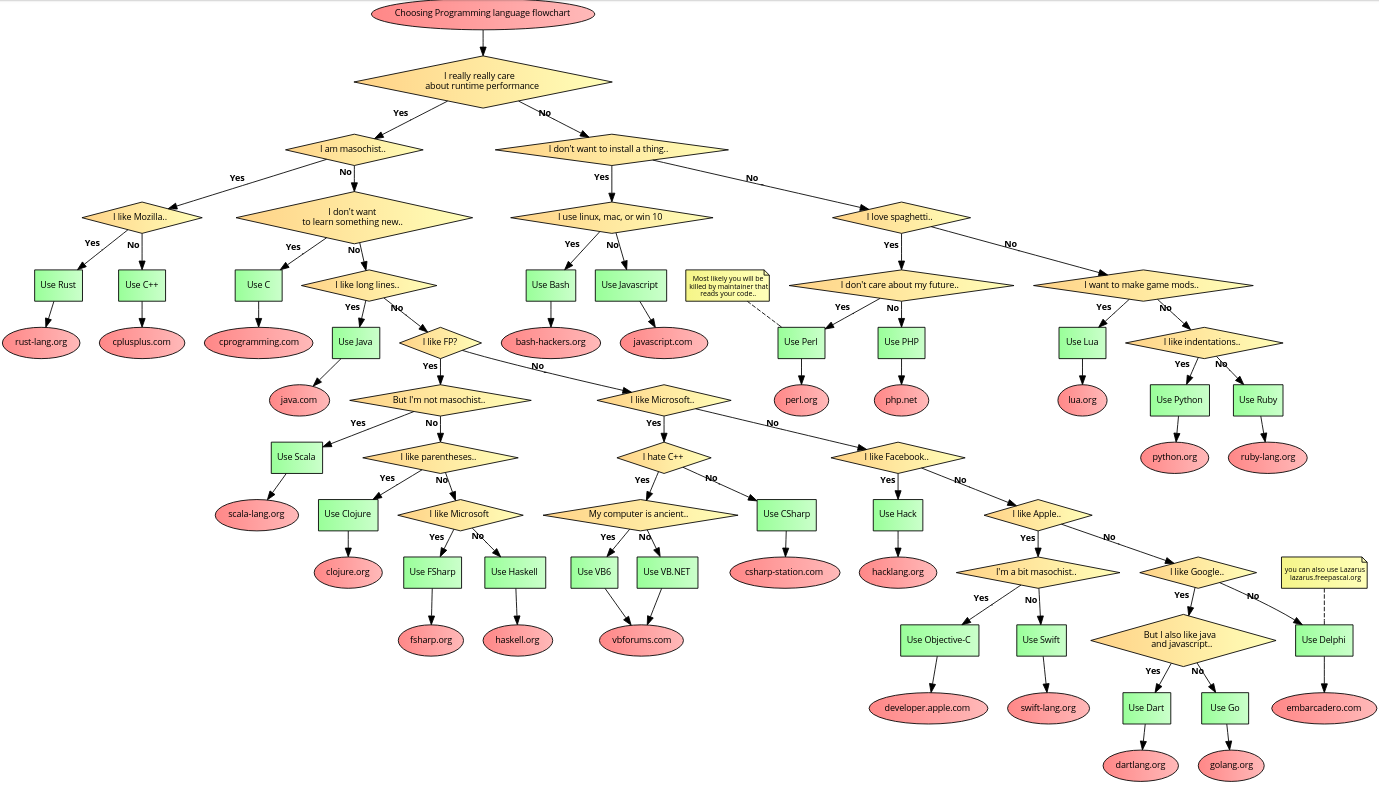
In Haskell, you can curry any function by applying it to a subset of its arguments if you define a function of two arguments, as in f x y =.

Īnd then use an underscore to get a one-argument function, as in curriedF(x)_. The Haskell equivalent is data Tree a = Empty | Node a ( Tree a ) ( Tree a )Īnother thing that is syntactically more pleasant in Haskell is currying: in Scala, if you want to use a curried function, you have to anticipate this when defining the function, and write def curriedF ( x: Int)( y: Int) =. In Scala, you'd define a trait, and a case object/ case class each for an empty node and a node that contains an A, and left and right sub-trees, like this: sealed trait TreeĬase class Node( v: A, l: Tree, r: Tree) extends Tree For instance, function application, the most common operation in a functional language, is indicated by whitespace, writing f x instead of f(x).Īs an example of Haskell's conciseness, consider the definition of a binary tree containing data of some type A. Haskell goes much further in terms of conciseness of syntax. Scala uses a Java-like syntax, but avoids a lot of unnecessary boilerplate by making things like an end-of-line semicolon or empty code blocks optional. If you're planning to use Haskell for a project and want some help, we can provide you with Consulting services. We have collected some useful training resources at FP Complete Haskell Syllabus, and also provide commercial training. If you want to try out Haskell right away, you can find instructions for getting started here. The following is an (incomplete) overview of some of the things you can expect from Haskell.

By fully embracing the functional paradigm, Haskell makes functional programming much more convenient. If you like the functional aspects of Scala, but are somewhat bothered by the annoyances that doing FP in Scala incurs, you should take a look at Haskell! It is one of the languages that inspired Scala, so you will find many familiar concepts. It runs on the JVM, has concepts both from OOP and FP, and an emphasis on interoperability with Java.Īs a multi-paradigm language, Scala can flatten the learning curve for those already familiar with OOP, at the price of making some compromises in language design that can make functional programming in Scala more cumbersome than it has to be.

The language Scala promises a smooth migration path from Object-oriented Java to functional programming.


 0 kommentar(er)
0 kommentar(er)
